Every car owner knows how important is to keep up the vehicle in "good shape". A car that has been well taken care of has a small chance of leaving you somewhere on the road soulbroken and with empty pocket.

This is why each driver must "preach" and "practice" regularly stable maintenance policy when it comes down to the car. But what is a car maintenance? According to www.businessdictionary.com it's
Activities required or undertaken to conserve as nearly, and as long, as possible the original condition of an asset or resource while compensating for normal wear and tear. 1
or even more accurate:
Engineering: Actions necessary for retaining or restoring a piece of equipment, machine, or system to the specified operable condition to achieve its maximum useful life. 1
In short - making whatever you can to keep your car(in our case) as good as new for as long as possible. This means checking it up every time you spot some kind of a problem and resolve it upon its discover. But in order to do this, you must know what and where to look for. It is vital, on first place, to know your car. And for that you don't have to be a mechanic.
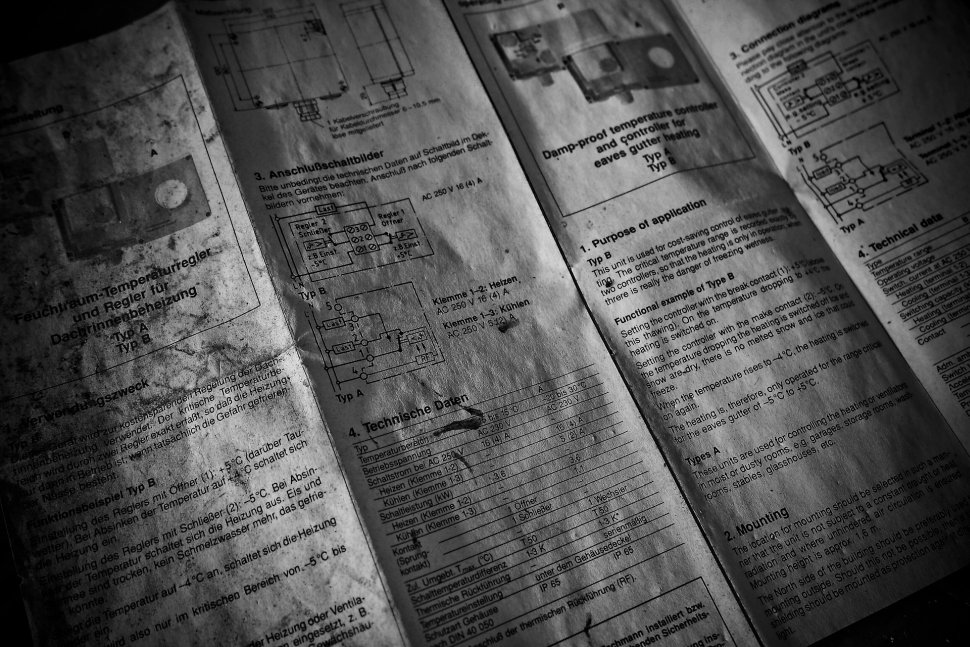
1. It all starts with the manual that comes with every vehicle. Yes, that little book that some call it "car guide". Interestingly enough, not many people read it and quite big number of them either throw it away or just put it somewhere where no one can find it. If you have kept yours - great, because reading it is the first and most important part of getting to know your car.
Inside of it you will find a detailed information given by the manufacturer - from what all the lights on your driver's dashboard mean to what kind of fuel you must put in your car and when certain vehicle parts need change.
(If you have somehow lost yours driver's manual - do not worry. Nowadays you can find it online so simply check your car's manufacturer website.)
Many of us remember their first driving lessons - those first crucial hours when driving instructors were explaining car's movements from engineering point of view and how important is to do your own inspection of the vehicle before even consider start the engine.
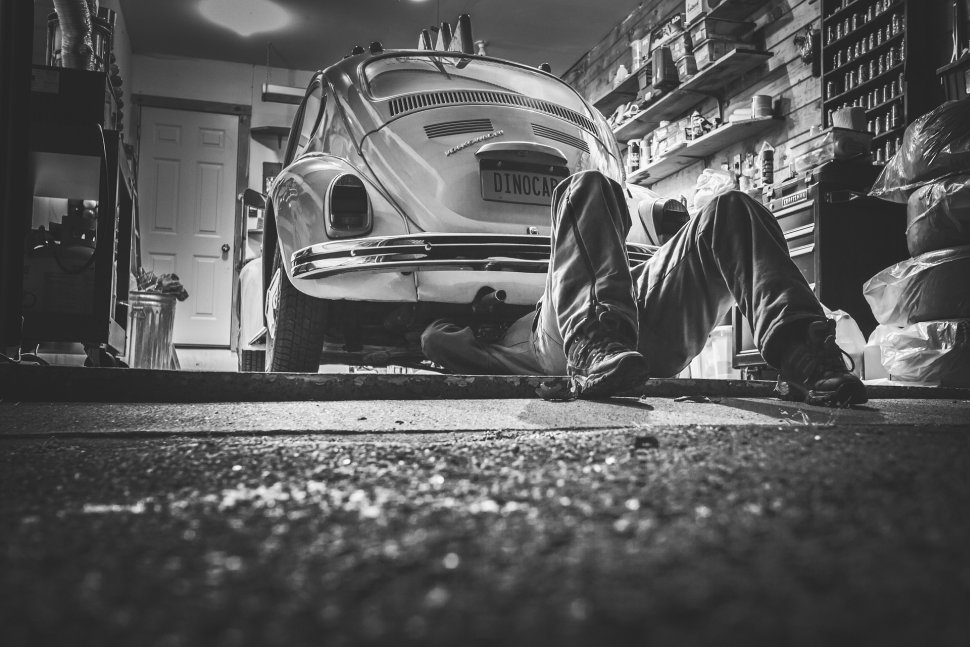
2. Inspect your car regularly. It may sound difficult, but it's not. It should become part of your daily routine as a driver - checking the car and making sure everything is ok and in its place before you go.
Take a look at the tires. How they look? How's the pressure inside of them - are they soft to touch, almost flattened? If they are, then you need to take care of this problem. Look at the tires' tread - is it too worn out(you can do a quick check by using a dime and measure the depth of the treads). If it is, maybe it is time to buy new ones. Driving with worn out tires is quite dangerous - for you and everyone around. Also make sure to check if they are properly aligned and balanced. Look under the car - are there any signs of leakage? If so, then you must look for its source and repair it. Peek under the hood - check the oil. Take a closer look at you window washers - do they need being replaced with new ones. If the answer is yes, then do it. Window washers are one of the cheapest car consumables but of a great importance.
When starting the engine listen for strange, squeaky sounds coming out of it. If such occur, then you probably gonna need much thorough inspection by a mechanic. It could be a sign of a serious problem - if not solved in time it may cost you a fortune or even worse - your life and those of other.
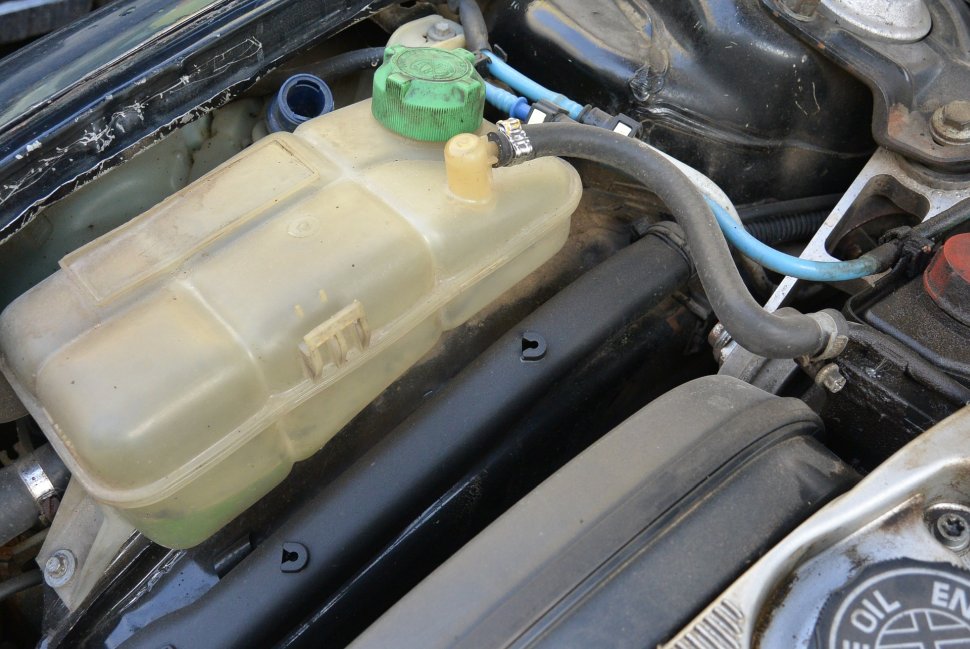
3. Fluids are to the car like blood is to humans. So make sure you check it regularly, it's important. Oil, antifreeze, coolant, transmission fluids - be sure that they are in the right quantity and with the right consistency.
There could hardly be universal, already-calculated formula for when it's the best time to change your oil. There still reins the myth that after 3,000 miles it have to get changed. As we said, it's a myth and does not apply for all vehicles. Catching the right time for changing your oil depends on how regularly you check it. If you spot difference in color or consistency - you might consider draining it and filling with new one.
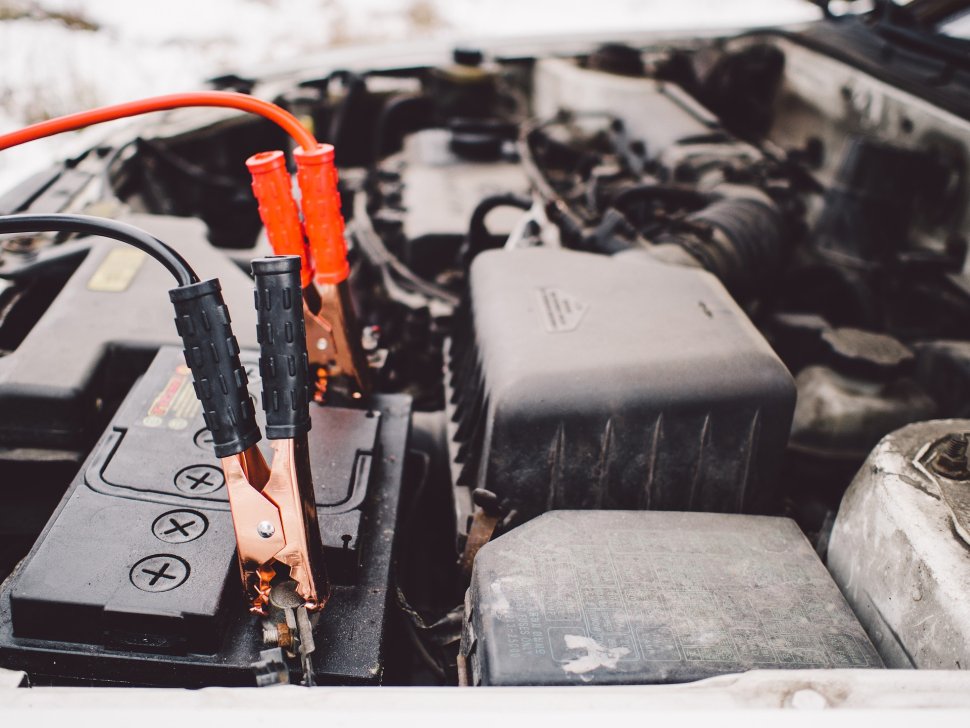
4. Battery checks are a must. Unless, you don't mind leaving your "breathless" vehicle and continue walking. Just like everything else in the car batteries should get replaced after certain period. It's common to do that every few years. Some would say that you can always re-charge it (or jump-start it) but when this action becomes a habit - it is time for replacement.
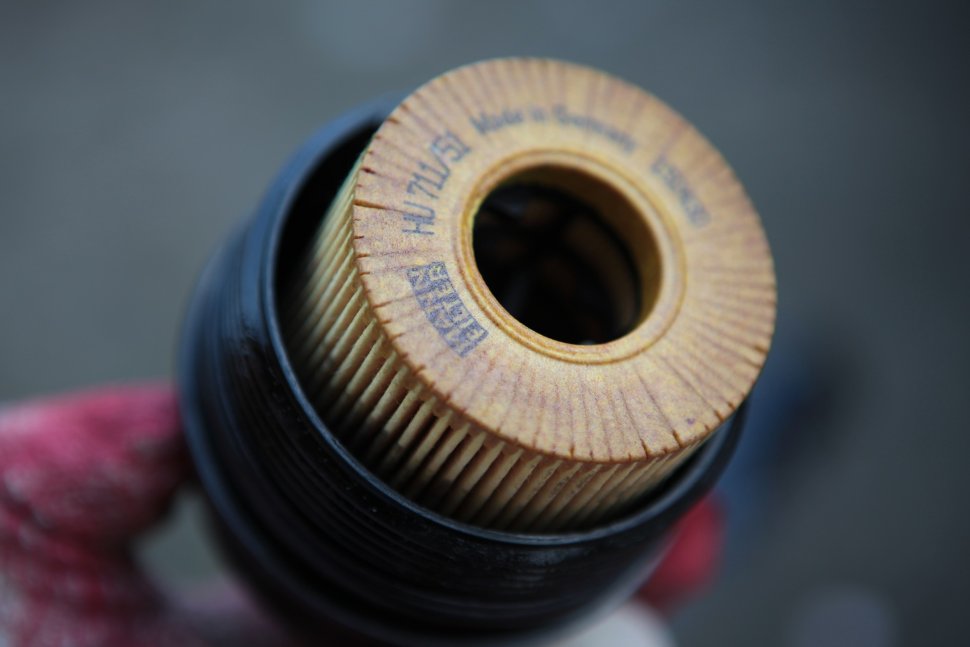
5. Filters - another significant car element that should not get neglected. Whether it's the air filter of the cabin or the engine's - if the need calls do not hesitate to change it.
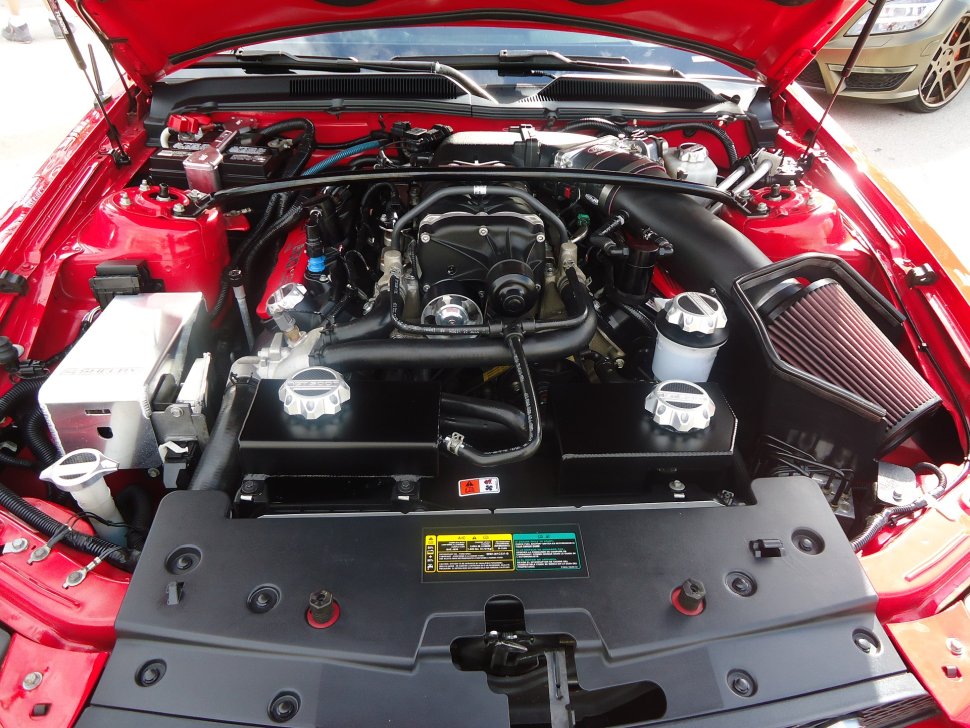
6. Regularly check your engine and spark plugs. Events like unlikely high fuel consumption, misfires or troubleshooting are serious signals that there is something going on. Whether it's just a minor problem or a beginning of the end - it surely deserves serious attention. You may even want a certified mechanic to check upon it. Make a routine - along with regulars check ups, once a year look closely at the spark plugs. Sometimes, they hold the key to all problems. That's why you need to replace them from time to time.
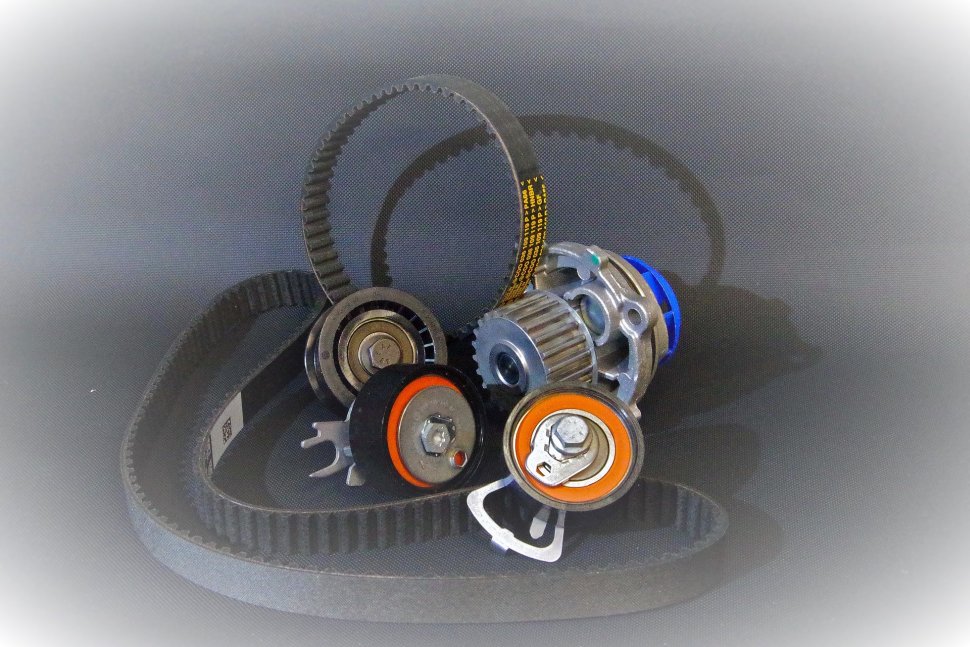
7. Oops, we almost forgot the belts. What belts? - timing and serpentine, of course. If you have doubts about when and how to inspect them - check out your drivers' manual first. There you will find manufacturer's recommendations on after what mileage to change them and how to recognize if they need replacement.
In conclusion, we must emphasize on how important is the vehicle's maintenance. Regular checks ensure that you won't get surprised out of the blue by some serious and expensive problems. And it all starts with a little education. Read your owners guide and get to know your car. Look on the net and automotive forums for guidance and advises of people who have already dealt with maintenance and car related problems. It's also a great way to look for tips and reviews on mechanic garages. It's like gaining experience via third-party and would cost you nothing. Check your automobile regularly and listen for signs that could point out to serious problems. Precautionary measures could extend your car's life and save you some money.
1. www.businessdictionary.com/definition/maintenance.html - accesed 20.06.2017